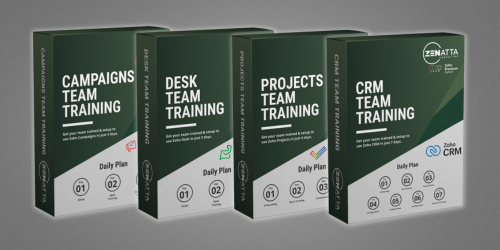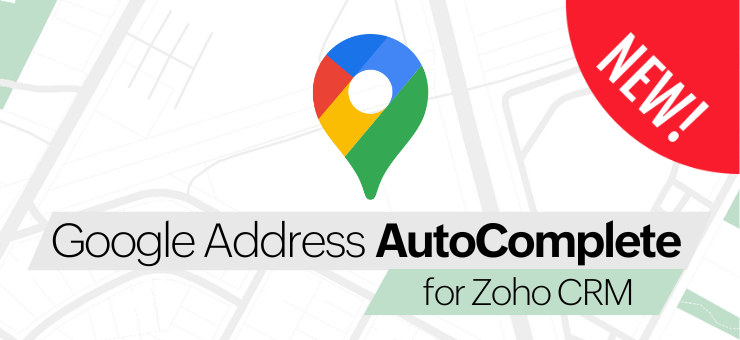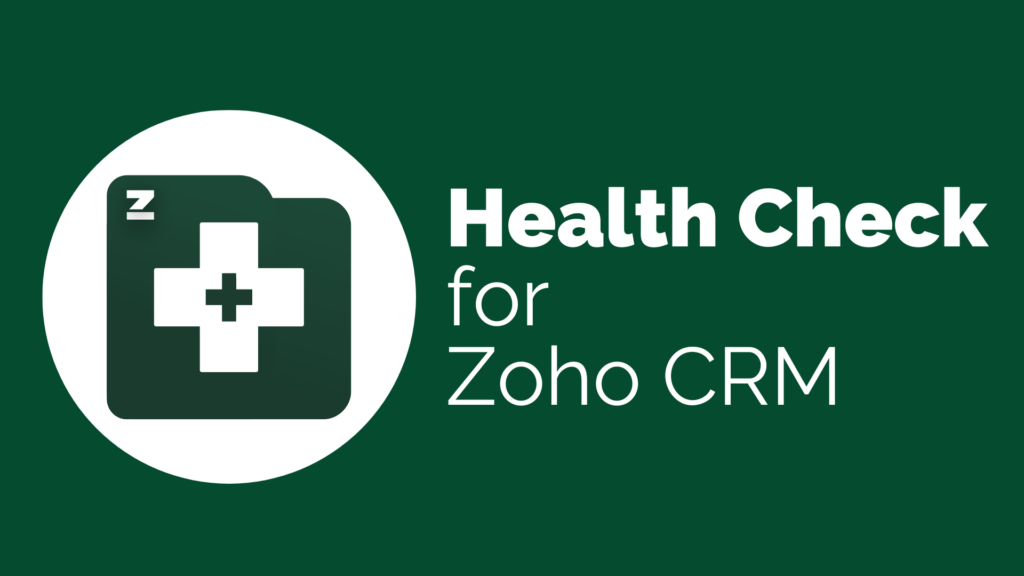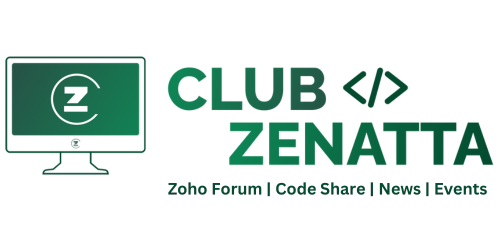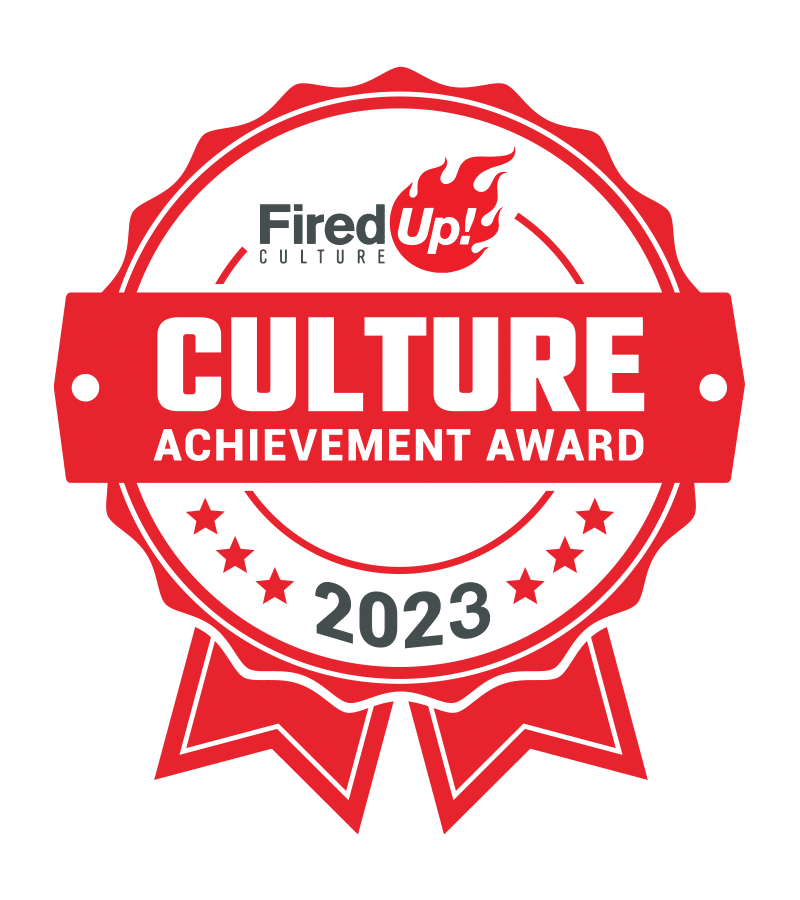Last week on episode 142 of the CRM Zen Show, we had Zoho’s Chief Evangelist join us, Raju Vegesna. For those of you that follow our podcast, The CRM Zen Show, or Zenatta, you know by now that we try to be as unbiased as possible. With that being said, it was truly a humbling experience having Raju on our show, seeing first hand the passion he has for Zoho and us being an extended part of this Zoho family. Throughout the interview with Raju, one thing stood out more than anything and is that Zoho truly believes and empowers its people. That as a company you are more than just an employee, you are family.
In these recent weeks Zoho has launched a campaign, 25 years of Zoho, sharing the journey of how Zoho came to be what it is today. Let’s take a look at our interview with Raju about 25 years of Zoho and the future of Zoho.

Company Culture And The Keys To Success
Zoho’s Twenty-Five Year Journey
“Actually there is only one key core part, which is people. I keep telling our folks, we are called Zoho for now, who knows what we will be called 10 years from now. Prior to Zoho the company used to be called AdventNet, not a lot of people know that. But guess what, prior to that we were called Advent Network Management Inc., nobody knew that. And who knows what we will be called ten years from now or twenty years from now, we see that as an illusion, so we are enjoying the journey each one as it appears.
The people that went through the journey is the same, we were part of that Advent Network Management, part of AdventNet, I was personally involved in the development of products, I was involved in the management products, now I’m being involved in Zoho products, who knows what kind of brands or products our companies and how they will diversify.
It is the journey that matters and all of us are enjoying that journey. It is the same set of people that created that piece of software that networked to printers and started selling to the optical companies, that started doing wireless management and whatnot. It is the same set of people that is doing accounting software or email software. So it is the people’s evolution which makes up a company’s evolution, so as a company we kind of built at multiple times, evolved, a kind of reincarnation, and we have kind of redefined ourselves multiple times. But change has been constant across the board and people kept on changing. I think that is the thing. “
Zero Debt Philosophy
“And along the way, we had built some connections and there are some learnings out there. Like for example, we have a philosophy of zero debt. Because back then in 2001-2002 timeframe we had 300 to 400 costumers, and in the course of a year 200- 300 of them died. So what do you do when you lose 99% of your customer base, if you have debts you won’t survive, at least we had some savings. And we had to use that savings to basically reimagine and completely divert, and it is like starting over and that was the birth of manage engine. So now that belief about zero debt is so etched into it that we actually don’t take any loans it is a zero debt philosophy. All the purchases we make no matter what we do are cash-only purchases, that is something that is etched in stone. Like that there are a ton of things like belief in people and people developing is etched in stone. “
People And Familiarity Capital
“Just give someone an opportunity and they will grow, the pace may vary, but as long as they have the passion they will excel. So these are all things that we learned over a period of time and there are a ton of those things on multiple dimensions, it’s tough to articulate it in a page or whatnot because these are feelings. So we try to at least put some kind of a context in there, but there is more to a company and the philosophy it.
End of the day, just like the products we created in 1996, the products we create now will likely be around 10, 20 years from now. So what is relevant and going to be the strength of the company is essential the people, the learnings, the connective experience and those are things that are extremely important and we pay very close attention to it.
Now there are a lot of things that are measured in a company, revenue, and performance or some such thing, but there are also intangibles that are not measured that are equally important, for example, I call it familiarity capital. How familiar two people within a company working on a project are with each other. For example, say take me and Sridhar, we have been working together for a couple of decades. When Sridhar calls and says “here is an idea”, he only has to say two or three sentences, I got it because I have a twenty-year context.
That familiarity that is developed between two people is extremely valuable and people underestimate the value of that in the context of the company. But familiarity capital that is now spread across the company when you have over 100 people that spend over twenty years in the company, you don’t have to set the base and build a relation and discuss because the context is all there. When you have 1000 people that have all been with the company for ten to fifteen plus years you are starting with a different base. So the last twenty-five years what we have done is really that collective experience that we have accumulated created that familiarity capital for the company that the industry that the industry doesn’t value but as a company, we do value that a lot and that is an extremely big huge asset of the company.
Like any other company you start out as colleagues, and when you go through the journey for an extended period of time colleagues become friends and then friends become part of the extended family. And when you are going through that journey both good times as well as bad time which are equally as important then it becomes an extended family. And you know just like all of us know the family members of our colleagues that we work with and that’s part of it because when we say it’s life’s work, we truly mean it. Because we hope that the job that they take at Zoho and this becomes the last job that they ever take so that we want them to retire in the company and that is the mindset and that is the hope.”
How The Zoho Mindset Translates To The Customer
“When the employees are happy, the customers will be happy. If the employees are not happy, they will not treat the customers as best as they could. Which means if employee happiness is taken care of then the ripple effect equally shows. Because they are happy they are going to put that extra effort keeping the customer happy to improve the product, to keeping the partners happy, to keeping the ecosystem happy, all of that comes from that and that happiness is the first basic element out there and it shows.”




